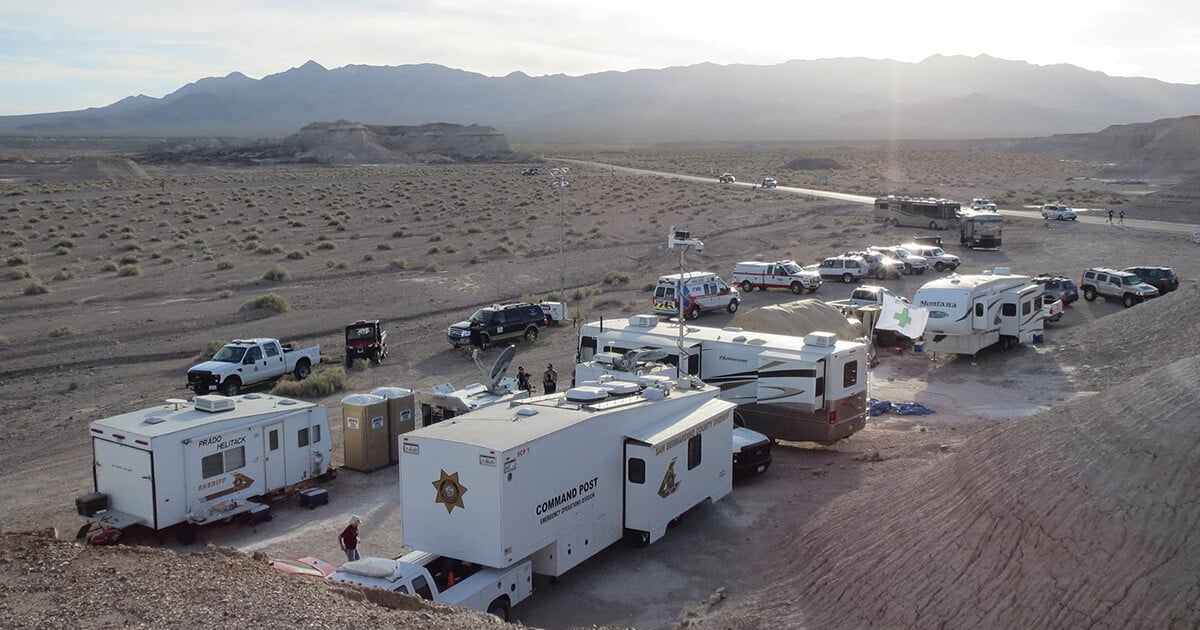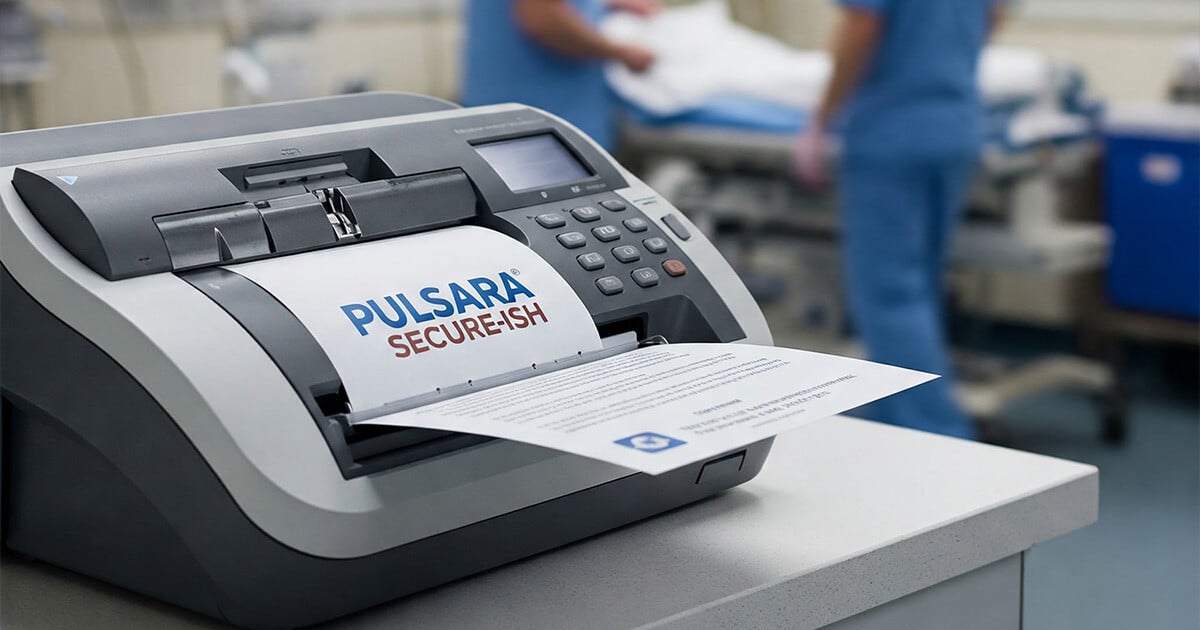Baker to Vegas: Leveraging Pulsara to Manage a Planned Event
Although they have the advantage of prior awareness and preparation, large-scale planned events pose unique challenges for emergency management...
![Why We Need to Focus on Women this Heart Month [VIDEO]](https://www.pulsara.com/hubfs/woman-chest-pain-1180x700.jpg)
Happy Heart Month!
As common as heart attacks are, there are some misperceptions around who is vulnerable. I suppose we've asked for it through over-dramatization in the movies. We've all watched the scene where the middle-aged man suddenly clutches his chest, breaks out in a sweat, and then keels over. And he usually has some stereotypical characteristics: beer belly, sedentary lifestyle, a love for all things greasy ... but I can't think of a single movie scene where a woman is the one clutching her chest. I believe that this is concerning given the fact that heart disease is the number one killer of women in America. And these misconceptions are reinforced outside of Hollywood too. In fact, if you Google just the words "heart month" the number one result -- from the CDC -- is all about men.
It's important to remember that having a heart attack doesn't always feel like an elephant doing jumping jacks on your chest. The signs can be more subtle, but just as severe. Recognizing heart attack is all about your expectations: don't ignore signs like nausea, shortness of breath, upper back pain, and the sensation that you're going to pass out. These can all be signs of a heart attack, with or without chest pain, and especially in women.
Why do more women than men fail to recognize that they are having a heart attack? Certainly, it has to do in part with the fact that women experience these "abnormal" symptoms more commonly than men. But many times the reason women ignore these signs is that they are more likely to feel the stress of taking care of everyone else. Ladies, you need to know that you have to take care of yourself first. If you're on a plane and the oxygen mask falls from the ceiling, put your mask on first so that you can assist your child with theirs. Similarly, if you are having symptoms like those described above, take an aspirin and call 911 instead of trying to "power through" so you can get back to the demands of daily life.
We brought you the video below back in 2015, but some things really do bear repeating. If you experience these symptoms, call 911 immediately.

Although they have the advantage of prior awareness and preparation, large-scale planned events pose unique challenges for emergency management...

For Those Who Love a Good "Oopsie!" At Pulsara, we pride ourselves on enabling secure, HIPAA-compliant communication for healthcare teams. But let’s...

March Recap A New Integration: Improving Data Management, Streamlining Workflows, and Improving Care CoordinationOnly a few days ago, we announced...